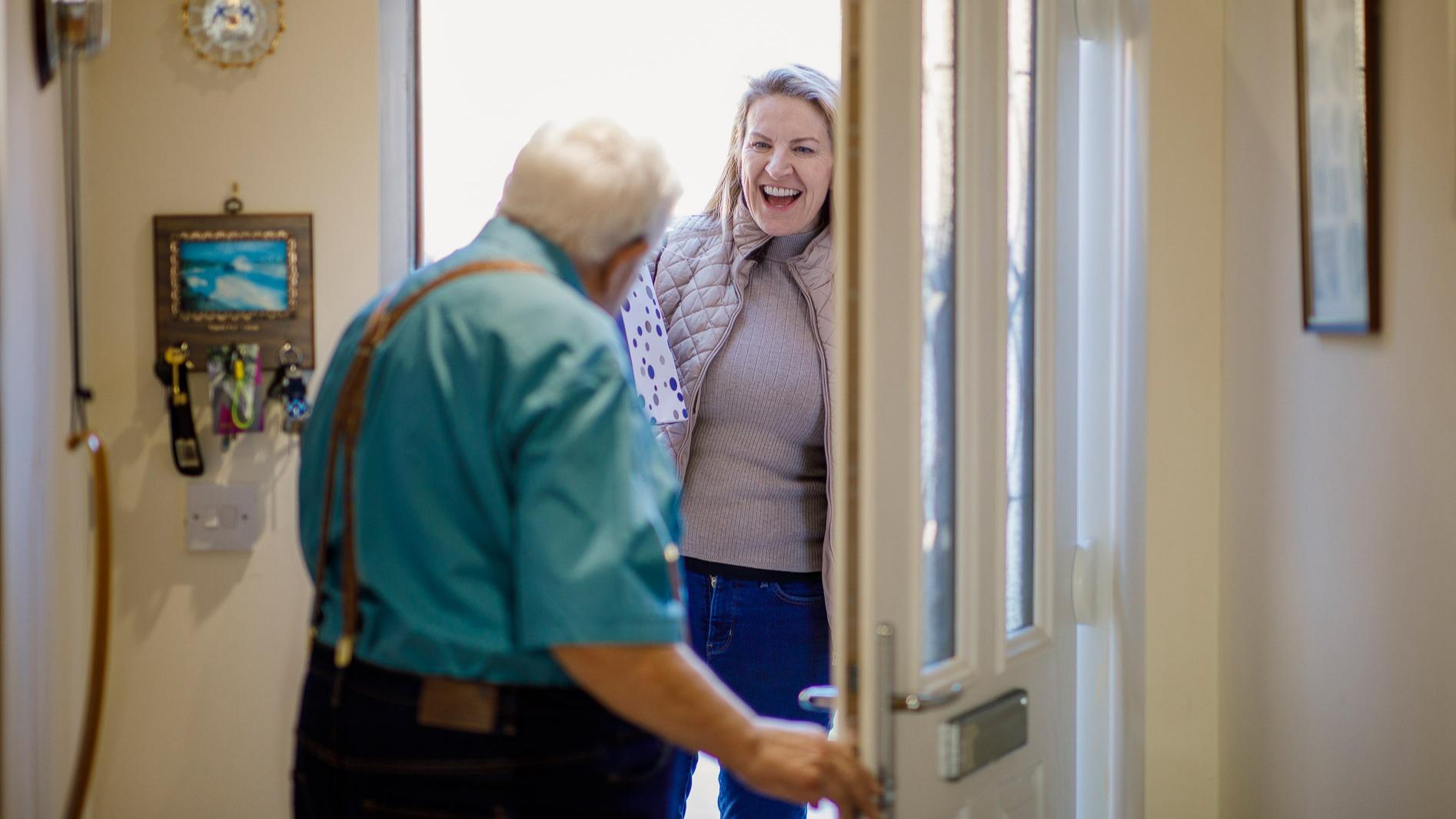
Published: Monday 27 October 2025
Launched today on World OT Day, new national polling commissioned by Occupational Therapy Australia’s reveals the scale of health-related disruption across the nation – and the opportunity to close it through occupational therapy.
Summarised in OTA’s report The Participation Gap, the research shows that two in five Australians – more than 7.5 million people – have had to significantly cut back on work, study, caring or community activities due to health issues, injury or disability.
The findings highlight the profound human and economic cost of Australia’s participation gap, with seven in ten respondents citing financial strain as the biggest impact of being sidelined, followed by mental health challenges, loss of confidence and social isolation. Women and low-income households are most affected, with nearly one in four women and almost one in three Australians in households earning under $50,000 a year sidelined for more than three months.
Australians identified pain and fatigue, fear of re-injury and mental health concerns as key barriers to returning to their roles – all areas where occupational therapists have unique expertise in helping people rebuild routines, regain confidence and return to meaningful participation.
“These findings reveal millions of Australians are unnecessarily sidelined from productive, meaningful activities that matter to them,” said OTA Chief Executive Samantha Hunter. “Occupational therapists are central to the solution. Whether it’s helping someone return to work after injury, adapt their home to stay independent, or rebuild confidence after mental health challenges, OTs provide practical, life-changing support that strengthens individuals, workplaces and communities.”
The report also finds strong public backing for greater access to professional support, with 85 per cent of Australians saying it’s important to have help available to adapt and regain independence when health issues strike.
Read the full report: The Participation Gap (PDF)




